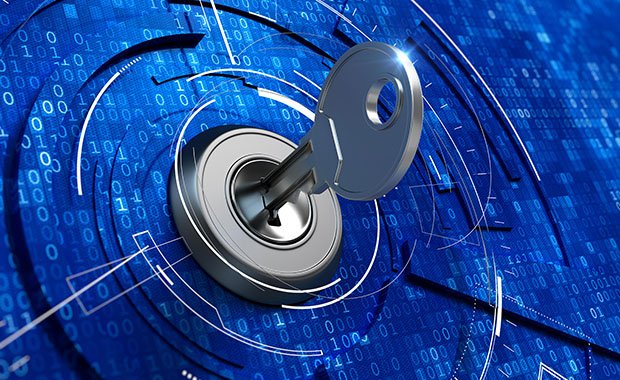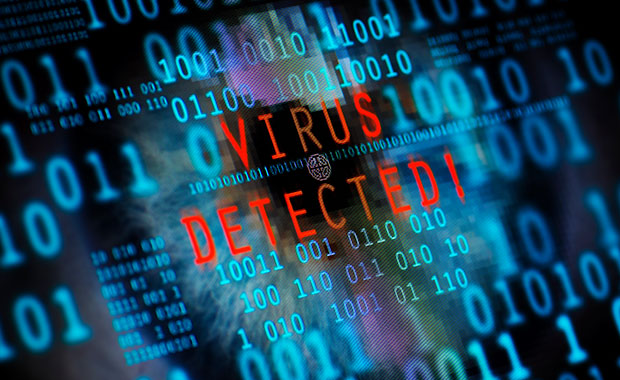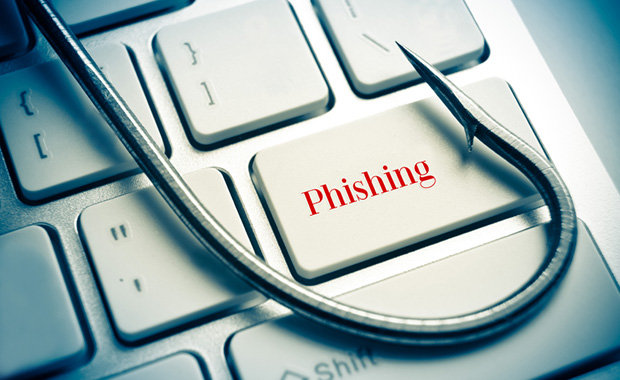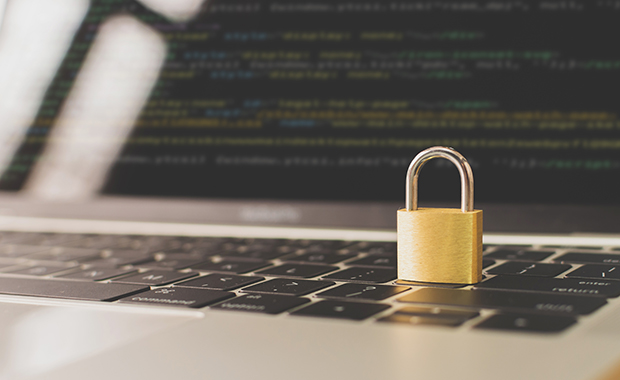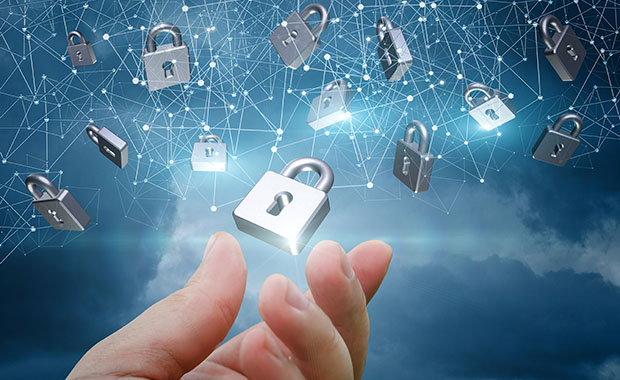Passkeys are here, and they’re changing logins forever
120 people found this article helpful.
Trojan horse computer virus: What it is and how to stay safe
37 people found this article helpful.
What is scareware and why does it pop up in your browser?
31 people found this article helpful.
What are reCAPTCHA and CAPTCHA and why do I keep seeing them?
35 people found this article helpful.
Don’t get hooked: Avoid phishing with these 2024 blog posts
17 people found this article helpful.
Deepfake phishing: A new wave of cybercrime & how to protect yourself
141 people found this article helpful.
I know where you live: Creepy scam emails with personal details
60 people found this article helpful.
Strong password standards in 2024: Changes and best practices
69 people found this article helpful.
What does a phishing link look like? How to check links safely
122 people found this article helpful.
Cybersecurity Awareness Month: 4 ways to stay safer online
78 people found this article helpful.

